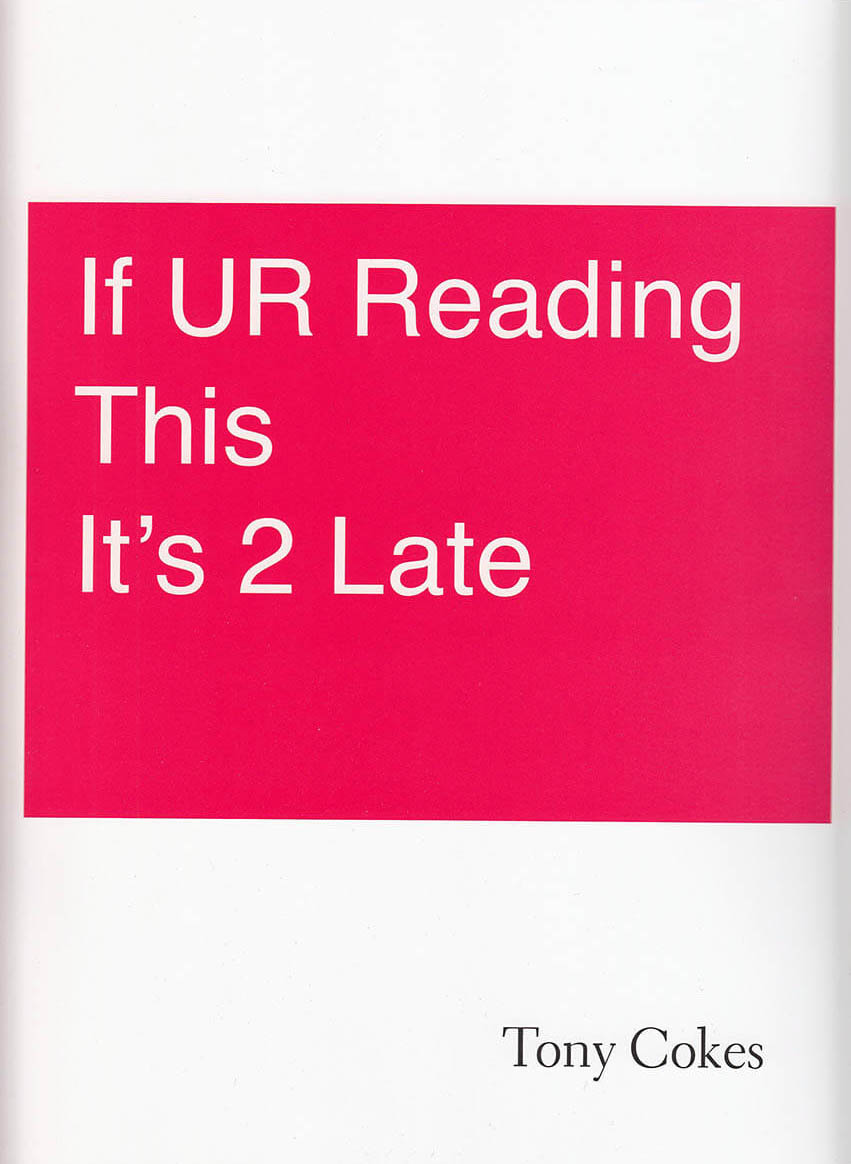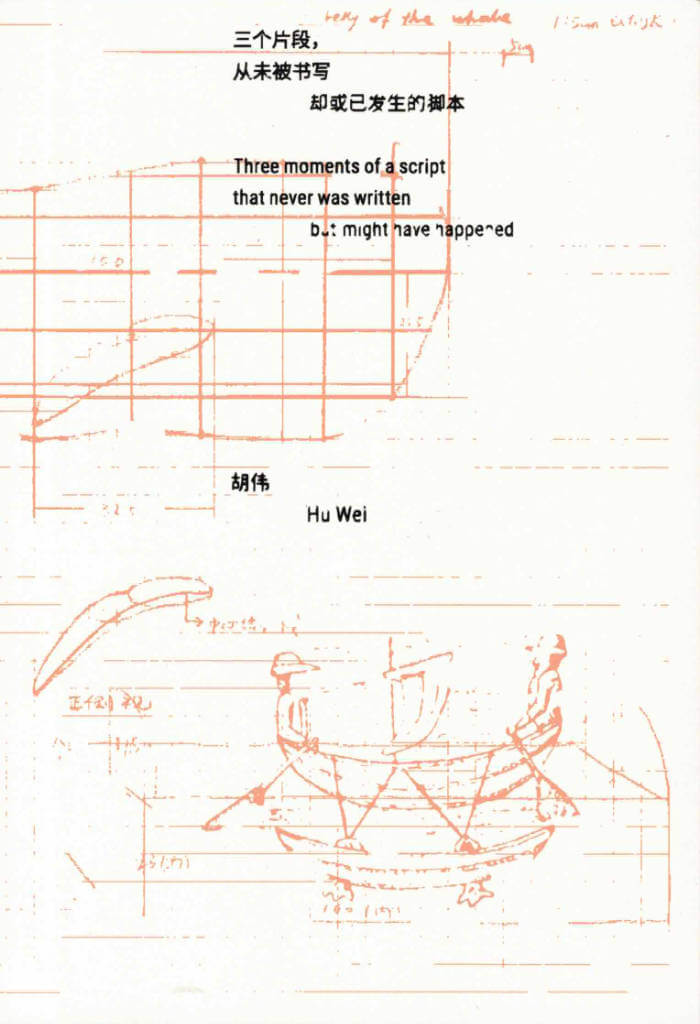This book on the films of Anton Vidokle features essays and conversations by theorists, curators, and artists exploring the themes of technological immortality and resurrection informed by Cosmist philosophy.
Citizens of the Cosmos examines the artist Anton Vidokle's films and the Cosmist philosophy underpinning them. It features essays and conversations with Vidokle by seminal contemporary theorists, curators, and artists: Franco "Bifo" Berardi, Keti Chukhrov, Liam Gillick, Boris Groys, Daniel Muzyczuk, Miguel Amado and Georgia Perkins, Elizabeth Povinelli, and Raqs Media Collective. This is the first book to survey Vidokle's Cosmism-related filmic output, begun in 2014, and includes full scripts from the films.
The book's contributors speculate on Vidokle's Cosmist conceptions of technological immortality, utopian resurrection, museology, and space travel, grappling with how these ideas embroil or crystallize contemporary theories, practices, and technologies: atmospheric manipulation, cryonics, biopolitics, extraplanetary prospecting, geo-engineering, transhumanism, genetics.
Franco "Bifo" Berardi disagrees with the Cosmist conjecture of death as a flaw in the conception of the human being. Elizabeth Povinelli digests the life-nonlife mattering of dust through relationships to and from the human and more-than-human ancestors to come.
Boris Groys contemplates the gravitational forces between Cosmism and communism according to cosmic and social orders, grounded as they are in the laws of both physics and socialist politics. Keti Chukhrov considers the formation of thinking through madness, dying, and reasoning according to Cosmist philosophical and religious debates and beliefs.
Raqs Media Collective and Anton Vidokle discuss different cultures of death, finitude, and rituals. Miguel Amado and Georgia Perkins examine the in-betweeness of the categories of life and death through the designs of terraforming vehicles navigating interplanetary space travel.
Daniel Muzyczuk investigates Vidokle's interests in the context of the history of the collection at the Muzeum Sztuki in Łódź, while Liam Gillick and Anton Vidokle converse about filmmaking references and methods, from voiceover narrative to editing processes.
Edited by Miguel Amado. Contributions by Franco "Bifo" Berardi, Keti Chukhrov, Raqs Media Collective, Liam Gillick, Boris Groys, Daniel Muzyczuk, Miguel Amado and Georgia Perkins, Elizabeth A. Povinelli.





